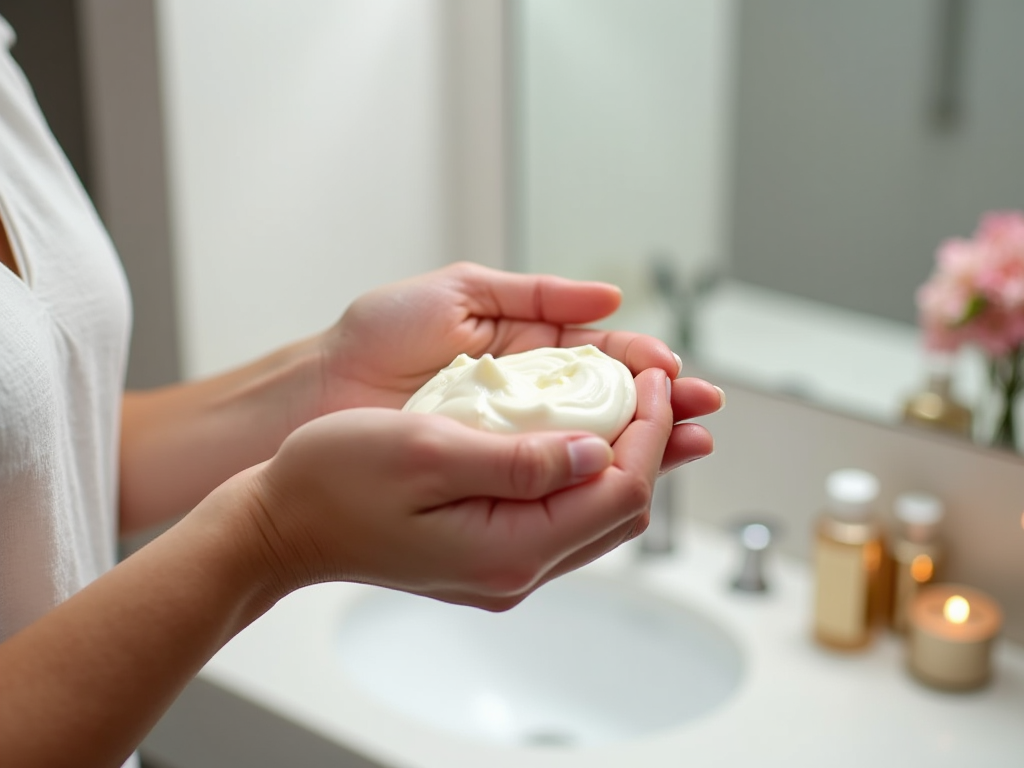From nourishing creams to hydrating lotions, body moisturizers are pivotal in maintaining healthy skin. Most often overlooked, the right body lotion can transform your skin’s texture and appearance, serving as a protective barrier against the daily wear and tear caused by environmental factors. With a myriad of choices available on the market, understanding what these lotions can offer is crucial. They not only provide moisture but also nourish the skin with beneficial ingredients. This guide will help you navigate through the benefits, application methods, potential downsides, and commonly asked questions regarding body lotion usage. The journey to healthier skin starts with the right knowledge and product selection.
Understanding Body Lotions

Body lotions serve as essential personal care products, designed to keep skin hydrated and healthy. Typically, they are composed of three main ingredients: water, emulsifiers, and active components such as oils and vitamins. Each lotion is formulated to deliver moisture to the skin while also creating a barrier that helps lock in hydration. Most cosmetic companies take great care to ensure that the lotions address various skin types and concerns. Whether you’re dealing with dry patches or looking for an anti-aging solution, there’s likely a body lotion catered to your unique needs. By incorporating body lotion into your daily routine, you pave the way for long-term skin health and radiance.
Benefits of Body Lotions

Using body lotion offers a variety of benefits for maintaining healthy skin. For instance, moisturization is one of the most significant advantages. Body lotions can replenish lost moisture and keep your skin soft and supple. Moreover, these lotions often provide skin protection by creating a barrier against environmental stressors like pollution and UV rays. Some formulations also have soothing properties, making them ideal for irritated or sensitive skin. Additionally, consistent use of body lotion can yield anti-aging effects, improving skin elasticity and reducing the appearance of fine lines over time.
- Moisturization: Keeps the skin hydrated and combats dryness.
- Skin Protection: Forms a barrier against environmental damage.
- Soothing Properties: Alleviates irritation and sensitivity.
- Anti-Aging Effects: Enhances skin elasticity and reduces fine lines.
- Enhanced Skin Texture: Smooths and softens the skin for a more even tone.
How to Use Body Lotions Effectively
To maximize the benefits of body lotions, it’s essential to apply them correctly. First and foremost, selecting the right product tailored to your skin type is critical. For example, if you have oily skin, look for a lightweight, oil-free lotion. On the other hand, those with dry skin should opt for thicker formulations containing ingredients like shea butter or glycerin. Timing is also crucial; it’s best to apply body lotion after showering when your skin is still slightly damp. This ensures better absorption and prolonged hydration.
| Skin Type | Recommended Ingredients | Best Lotion Type |
|---|---|---|
| Oily | Aloe Vera, Oil-free | Gel-based Lotion |
| Dry | Shea Butter, Glycerin | Cream-based Lotion |
| Sensitive | Chamomile, Hypoallergenic | Fragrance-free Lotion |
Another essential factor is the amount of lotion you use; just a quarter-sized dollop is often sufficient. Gentle massage into the skin using circular motions not only boosts absorption but also enhances blood circulation. For added benefits, consider focusing on particularly dry areas, such as elbows and knees, which often require extra attention. It’s best to incorporate this routine at least once or twice a day for optimal results.
Disadvantages of Body Lotions
Despite numerous benefits, body lotions can also present certain downsides. For example, allergic reactions are a possibility; some individuals may experience irritation due to specific ingredients. Performing a patch test before applying a new lotion all over can help mitigate this risk. Another common issue is the greasy feel left by heavy formulations, which might feel uncomfortable, particularly in humid weather. Finally, the cost of high-quality lotions can be a concern for some consumers, as premium brands often come with a hefty price tag. Therefore, it’s essential to weigh these potential disadvantages against the benefits when selecting a body lotion.
Conclusion
In conclusion, body lotions play a crucial role in personal skincare by providing moisture and protection. With a wide array of formulations available, there is a lotion tailored for every skin type and concern. Understanding the benefits, application techniques, and potential drawbacks empowers individuals to make the best choices for their skin health. For those ready to embark on a skincare journey, the consistent use of body lotion will undoubtedly lead to healthier, more beautiful skin over time.
Frequently Asked Questions
- What is the best time to apply body lotion? Applying body lotion after a shower or bath, when the skin is still slightly damp, is often best for absorption.
- Can body lotion help with dry skin? Yes, body lotion is designed to hydrate and nourish the skin, making it an effective treatment for dryness.
- Are there body lotions for sensitive skin? Many body lotions are formulated specifically for sensitive skin, featuring hypoallergenic and soothing ingredients.
- How often should I apply body lotion? It is typically recommended to apply body lotion at least once or twice a day, especially on dry areas.
- What should I look for in a body lotion? Consider your skin type and look for key ingredients that address your specific needs, such as glycerin for hydration or ceramides for protection.
